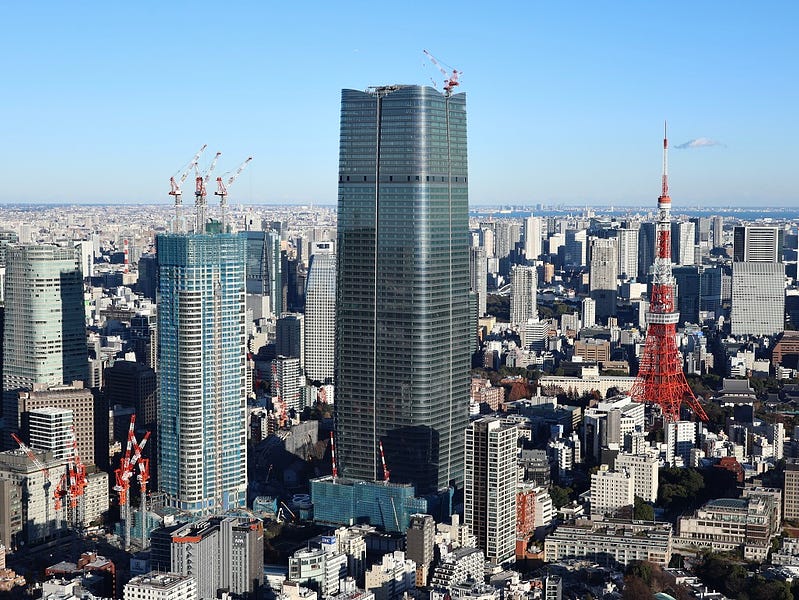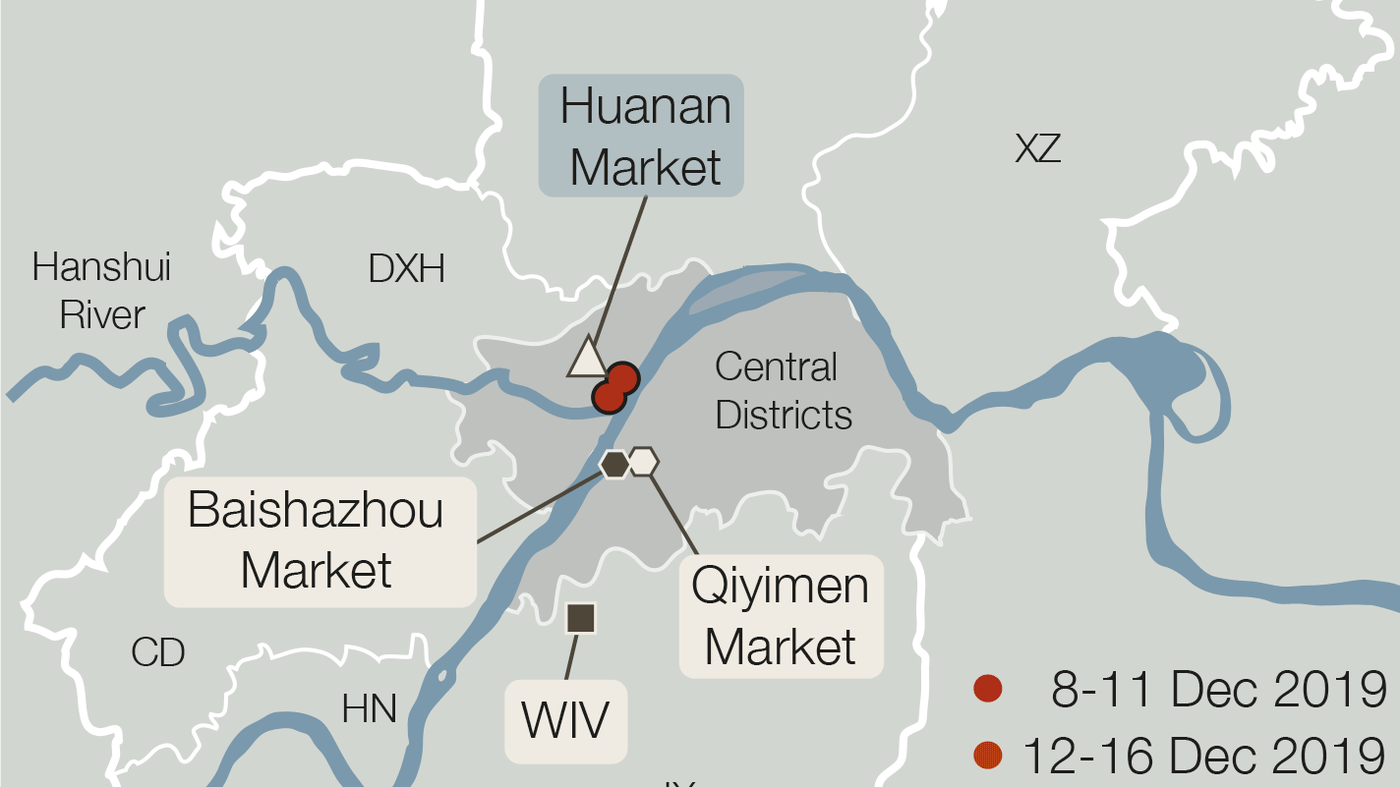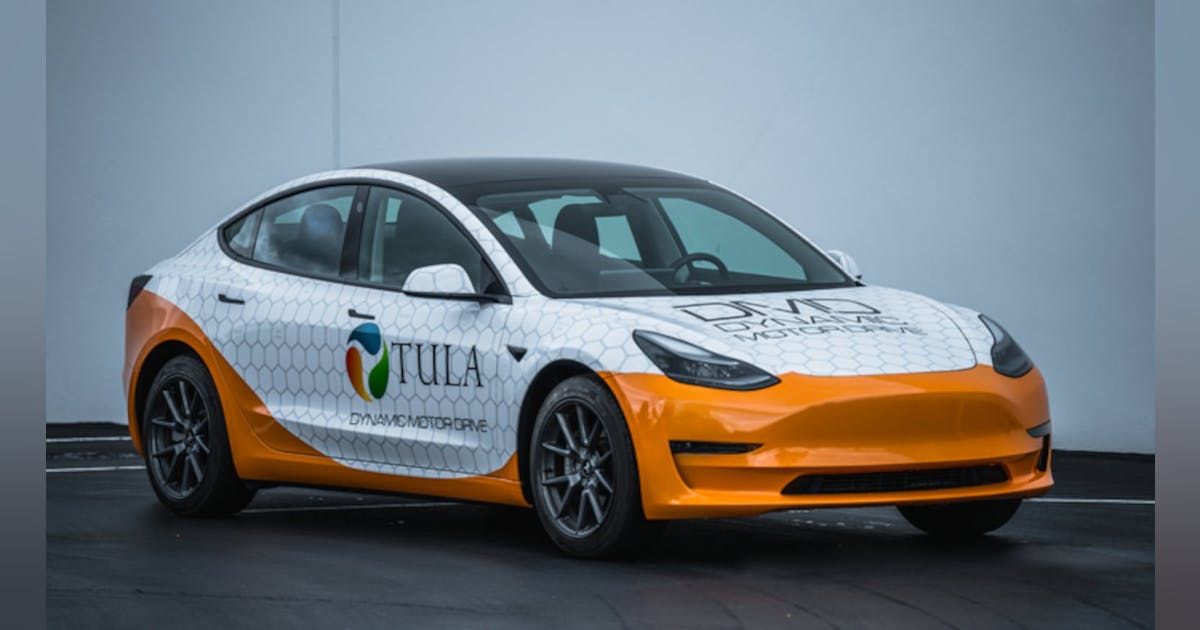
Actually, Japan has changed a lot - by Noah Smith
Reading the widely discussed farewell essay by the BBC’s outgoing Tokyo correspondent, Rupert Wingfield-Hayes, I felt a deep sense of frustration. The veteran journalist summed up his impression of Japan — where he has lived and worked since 2012 — as one of stagnation and stasis, declaring that “after a decade here I have got used to the way Japan is and come to accept the fact that it is not about to change.”
And yet as someone who has lived in Japan, and who has gone back there for about a month out of every year since 2011, and who has written fairly extensively about the country’s economy, I can tell you that it absolutely has changed, in important and highly visible ways.
But before I go through Wingfield-Hayes’ article and explain all the things I think it gets wrong, I should say that although I’ve never met him, he seems like a good guy who honestly wants to see Japan do better than it’s doing. And some of the criticisms he makes are both accurate and very important.
For example, I think he’s absolutely right to identify gerontocracy as Japan’s fundamental problem. Wingfield-Hayes points to political gerontocracy — elderly voters maintaining the power of an elderly, ossified political class — but I think an equally or even more important problem is corporate gerontocracy. The near-universal practice of seniority-based promotion, combined with low startup rates and population aging, has led to an ossified class of corporate executives and managers who would rather preside comfortably over declining little empires than embrace new technologies and business models and take new risks. That in turn has caused Japanese companies to fall behind foreign rivals as they miss technological revolution after revolution — microprocessors, smartphones, semiconductor foundries, battery-powered cars, etc.

/cloudfront-us-east-2.images.arcpublishing.com/reuters/WH6YZXYGUVPP3EGR3KFXLDHZ2Q.jpg)





















